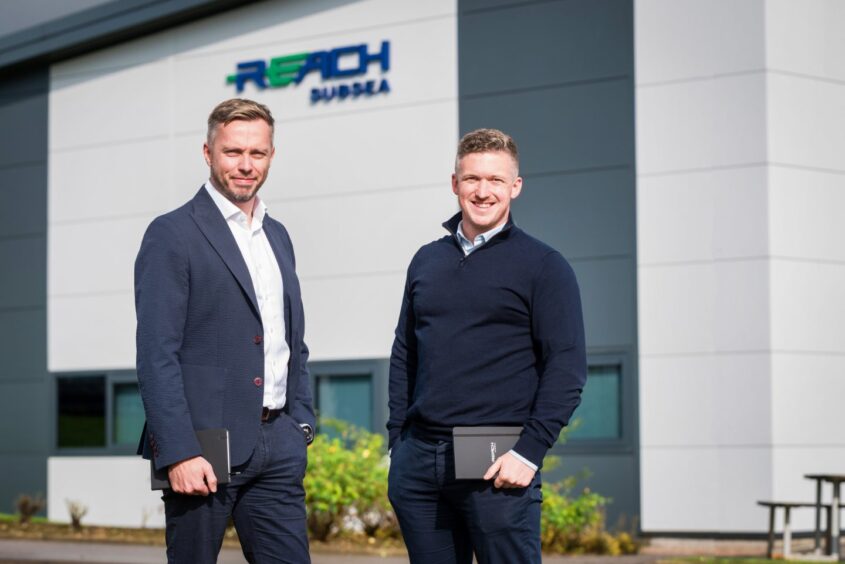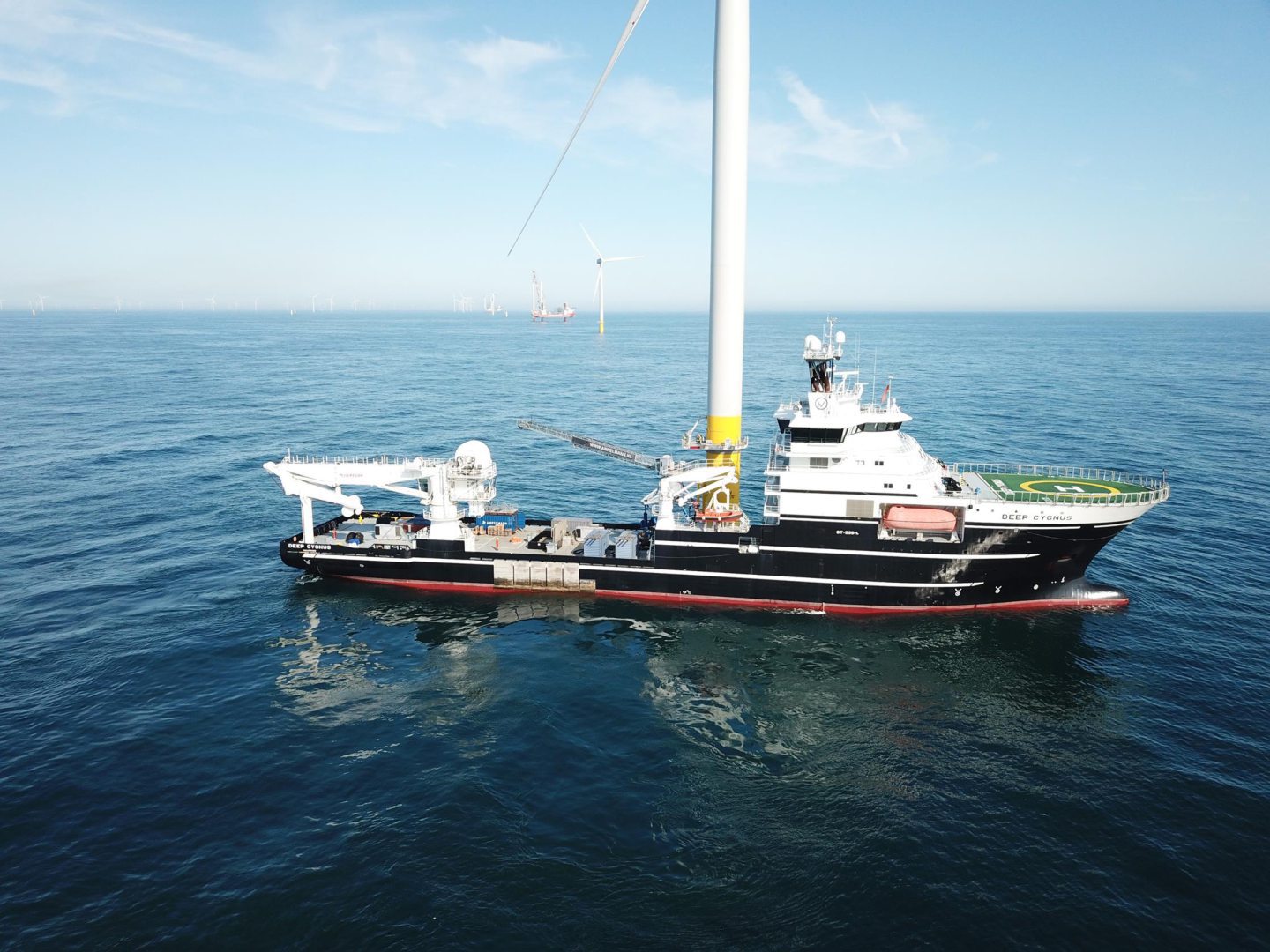
Reach Subsea is planning to double headcount and launch a new base in Aberdeen by the end of the year, operating as a hub for UK and international operations.
Led in the UK by managing director Alastair McKie, the Norway-headquartered subsea service vessel operator came on to the Aberdeen market last year with its acquisition of iSurvey Group.
Reach (OSLO: REACH) is now seeking to capitalise further on that, having already increased its north-east headcount by a third in the 12 months, with plans to grow from 62 team members in Aberdeen to 120 “by the end of the year”.
With a fleet of eight subsea service vessels around the world, the plan is to develop a team which can service three directly from the UK base.
As part of that growth, plans are in motion to move into a new base in the city this summer which is three-times the size of its current Westhill premises.
Mr McKie said: “The intention is very much to build a full subsea-capable operating business from Aberdeen to service the UK market – but also the global market from the UK – with the skilled workforce and supply chain which comes here locally in the North-east.”
Local supply chain key in reach for subsea growth
He added that the local supply chain will be “really important” in that growth, and workers will not be imported from Reach’s Norway home base.
Headquartered in Haugesund, Reach serves markets around the world, with core bases in Norway, the UK, Australia and Singapore alongside work in other regions such as Brazil, Houston and Trinidad.
Globally its headcount sits at 420 and, in the UK, work stays busy with a range of work, from survey-related tasks to inspection, maintenance and repair (IRM).
Recent months have seen its Viking Reach vessel carrying out seabed surveying off Scotland for a large transmission grid requirement, and, in coming weeks, it’s largest vessel, the Deep Cygnus, will come to Aberdeen ahead of subsea engineering works for a client.
“Naturally, in the UK, our intention is to grow into a decommissioning-capable provider, and a credible decommissioning-capable provider at that,” said McKie.
“That takes time and a bit of effort to create an engineering team and an execution team that can do that, but Aberdeen is quite obviously the perfect place to do it.”
Like decommissioning, offshore wind has a role in the growth plans, with Reach seeing a “healthy balance” between oil and gas, renewables and other sources.
The company is also keen to ensure its growth comes with the right people, and hopes to differentiate itself when it comes to attracting and developing a pipeline of talent.
“Every peer organisation of ours is looking for the same talent,” notes McKie.
“It’s not easy, I think it’s safe to say, to recruit skilled and competent people in Norway or the UK right now. It’s a difficult task, but it needs to be done. Equally, we as an industry have a responsibility to make sure we do that in a responsible manner.”
Commitment to the workforce
That means learning from skills challenges of the past and moving away from a “heavy contractor base-style approach” to education and employment, especially for young people starting their careers.
“As much as we want a commitment to the projects and activities from our clients and from operators, we need to make a commitment to the workforce,” he said.
“I want to continue to grow the organisation year on year to meet the demands of the market, and with that slightly longer-term approach to employment and creating opportunities that allows us to do some really cool things.
“We’ve got 3 graduates starting in the coming weeks, we’re going to bring in some inspection engineering trainee-type roles, and you can’t do unless you’ve got a slightly longer-term plan.”
Recommended for you


 © Supplied by Reach Subsea
© Supplied by Reach Subsea